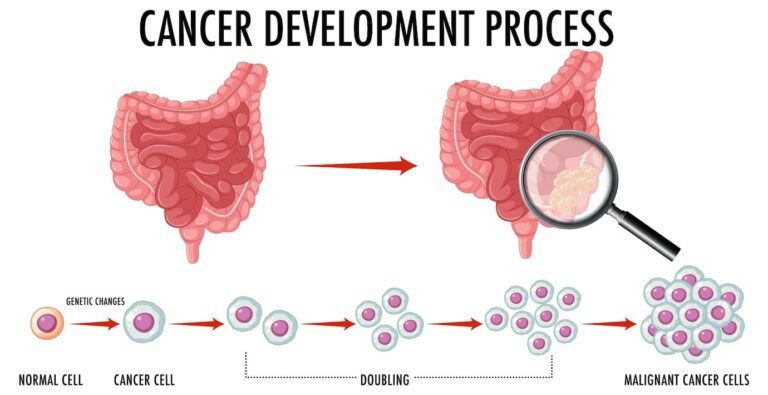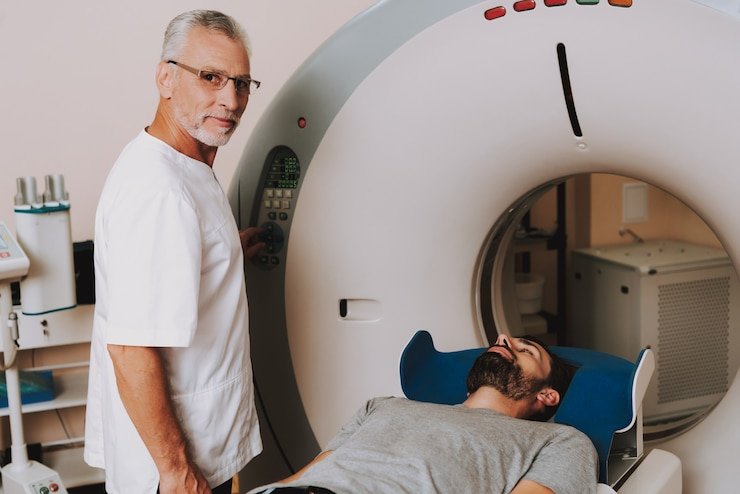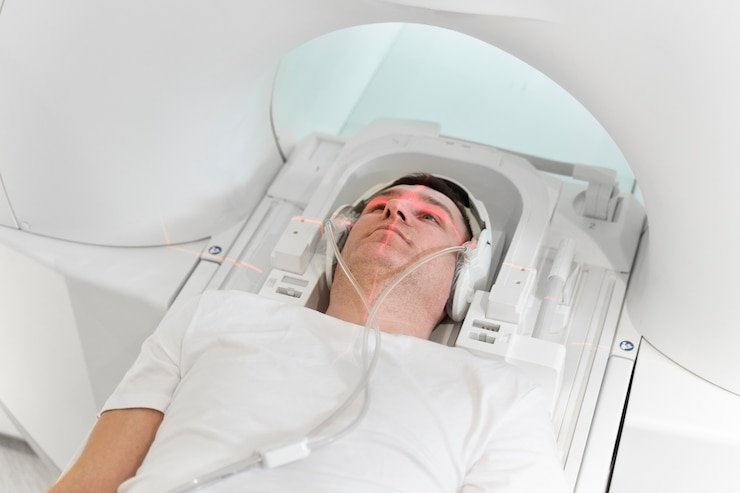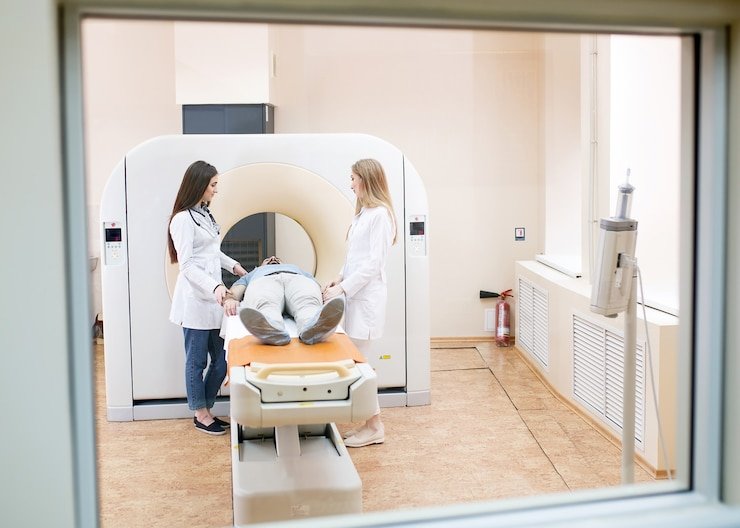Chemotherapy: Understanding Treatment Side Effects and Supportive Care.
Chemotherapy, often referred to as chemo, is a widely used treatment for cancer that utilizes powerful drugs to destroy cancer cells and shrink tumors. While chemotherapy can be highly effective in combating cancer, it can also cause a range of side effects. In this article, we delve into the intricacies of chemotherapy, exploring how it works, common side effects, and strategies for managing symptoms and supporting overall well-being during treatment.
To Know More About It Please Click Here
Understanding Chemotherapy
Chemotherapy is a systemic treatment that targets rapidly dividing cancer cells throughout the body. It can be administered orally, intravenously, or through injections and is often used in combination with other cancer treatments such as surgery, radiation therapy, or targeted therapy.
How Chemotherapy Works
Chemotherapy drugs work by interfering with the ability of cancer cells to grow and divide. They target cells at different stages of the cell cycle, preventing them from proliferating and ultimately leading to cell death. While chemotherapy is effective at killing cancer cells, it can also affect healthy cells in the body, leading to various side effects.
Common Side Effects of Chemotherapy
Chemotherapy can cause a range of side effects, which vary depending on the type of drugs used, the dosage, and individual factors. Some common side effects include:
- Fatigue: Chemotherapy can cause extreme tiredness and lack of energy, which may persist throughout treatment.
- Nausea and Vomiting: Many chemotherapy drugs can irritate the lining of the stomach and intestines, leading to nausea and vomiting.
- Hair Loss: Some chemotherapy drugs can damage hair follicles, resulting in hair loss on the scalp, eyebrows, eyelashes, and other parts of the body.
- Weakened Immune System: Chemotherapy can suppress the bone marrow’s ability to produce white blood cells, increasing the risk of infections.
- Mouth Sores: Chemotherapy can cause inflammation and sores in the mouth and throat, making it difficult to eat, drink, or swallow.
- Changes in Appetite: Chemotherapy can affect taste and appetite, leading to changes in food preferences and weight loss or gain.
Managing Side Effects and Supportive Care:
While chemotherapy side effects can be challenging, there are strategies to help manage symptoms and improve quality of life during treatment:
- Medications: Anti-nausea medications, pain relievers, and medications to stimulate white blood cell production can help alleviate side effects and improve comfort.
- Nutritional Support: Eating small, frequent meals, staying hydrated, and consuming nutritious foods can help manage nausea, maintain energy levels, and support overall health.
- Supportive Therapies: Complementary therapies such as acupuncture, massage, and relaxation techniques can help reduce stress, alleviate symptoms, and improve well-being.
- Emotional Support: Counseling, support groups, and talking to friends and family can provide emotional support and encouragement during chemotherapy treatment.
- Open Communication: Maintaining open communication with healthcare providers about side effects, concerns, and treatment goals can ensure personalized care and appropriate interventions as needed.
To Know More About It Please Click Here
Conclusion:
Chemotherapy remains a cornerstone of cancer treatment, offering hope and the potential for remission or disease control. While chemotherapy can cause side effects that impact quality of life, proactive management strategies and supportive care can help minimize discomfort and enhance overall well-being during treatment. By understanding the mechanisms of chemotherapy, recognizing common side effects, and accessing appropriate supportive resources, individuals undergoing chemotherapy can navigate their treatment journey with greater resilience, comfort, and optimism.








